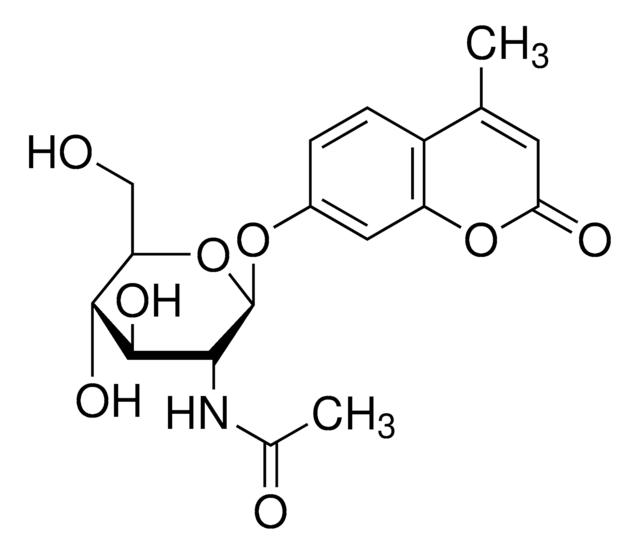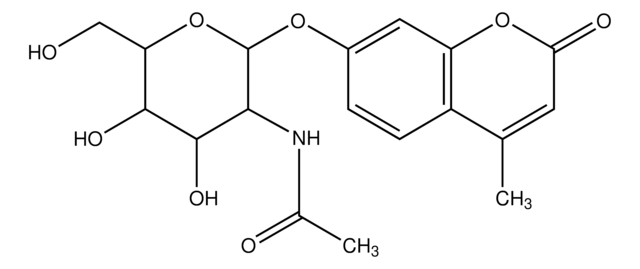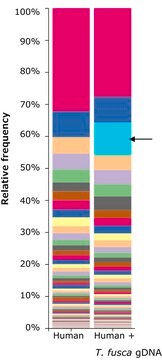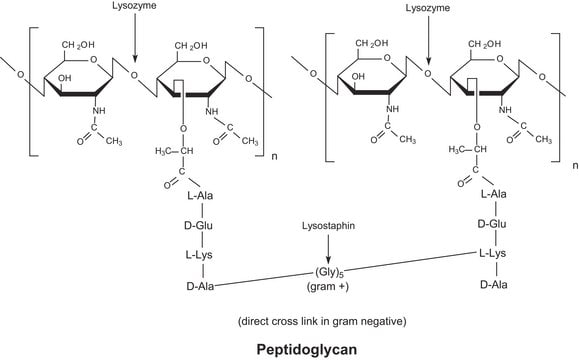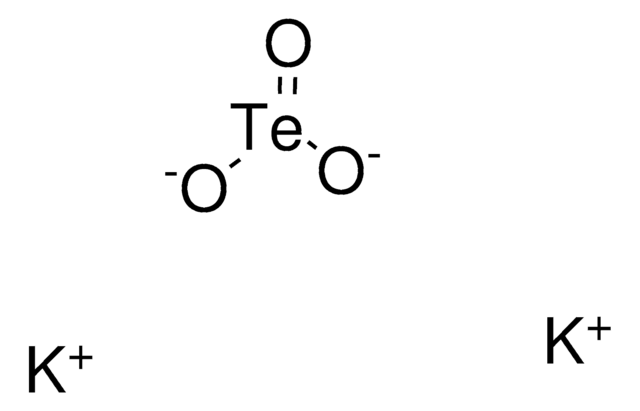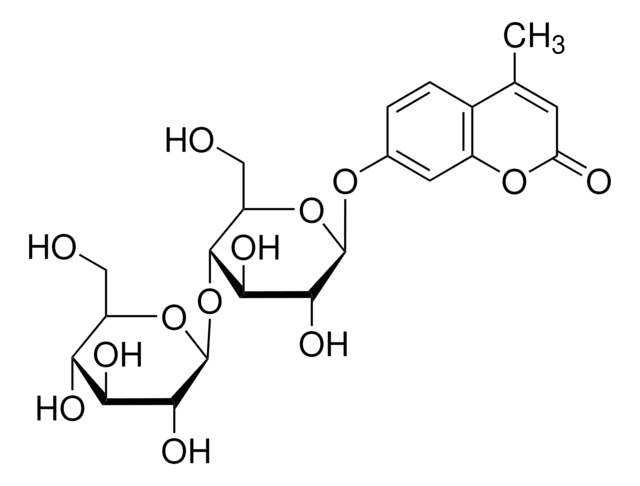M8195
Monoclonal Anti-phospho-MDMX (pTyr99) antibody produced in mouse
~2 mg/mL, clone PH-MDMX-169, purified immunoglobulin, buffered aqueous solution
Synonym(s):
Anti-HDM4, Anti-HDMX, Anti-MDM4, Anti-MGC132766, Anti-MRP1
About This Item
Recommended Products
biological source
mouse
conjugate
unconjugated
antibody form
purified immunoglobulin
antibody product type
primary antibodies
clone
PH-MDMX-169, monoclonal
form
buffered aqueous solution
mol wt
antigen ~80 kDa
species reactivity
human
packaging
antibody small pack of 25 μL
concentration
~2 mg/mL
technique(s)
indirect ELISA: suitable
indirect immunofluorescence: suitable
western blot: 1-2 μg/mL using total cell extract of HEK-293T cells co-transfected with human MDMX and a specific kinase
isotype
IgG2b
UniProt accession no.
shipped in
dry ice
storage temp.
−20°C
target post-translational modification
phosphorylation (pTyr99)
Gene Information
human ... MDM4(4194)
General description
Specificity
Immunogen
Application
- enzyme-linked immunosorbent assay (ELISA)
- immunofluorescence
- immunoblotting
Biochem/physiol Actions
Physical form
Storage and Stability
Disclaimer
Not finding the right product?
Try our Product Selector Tool.
Storage Class Code
10 - Combustible liquids
WGK
WGK 3
Flash Point(F)
Not applicable
Flash Point(C)
Not applicable
Personal Protective Equipment
Choose from one of the most recent versions:
Certificates of Analysis (COA)
Don't see the Right Version?
If you require a particular version, you can look up a specific certificate by the Lot or Batch number.
Already Own This Product?
Find documentation for the products that you have recently purchased in the Document Library.
Our team of scientists has experience in all areas of research including Life Science, Material Science, Chemical Synthesis, Chromatography, Analytical and many others.
Contact Technical Service